12 Ways People Waste Their Money At Restaurants
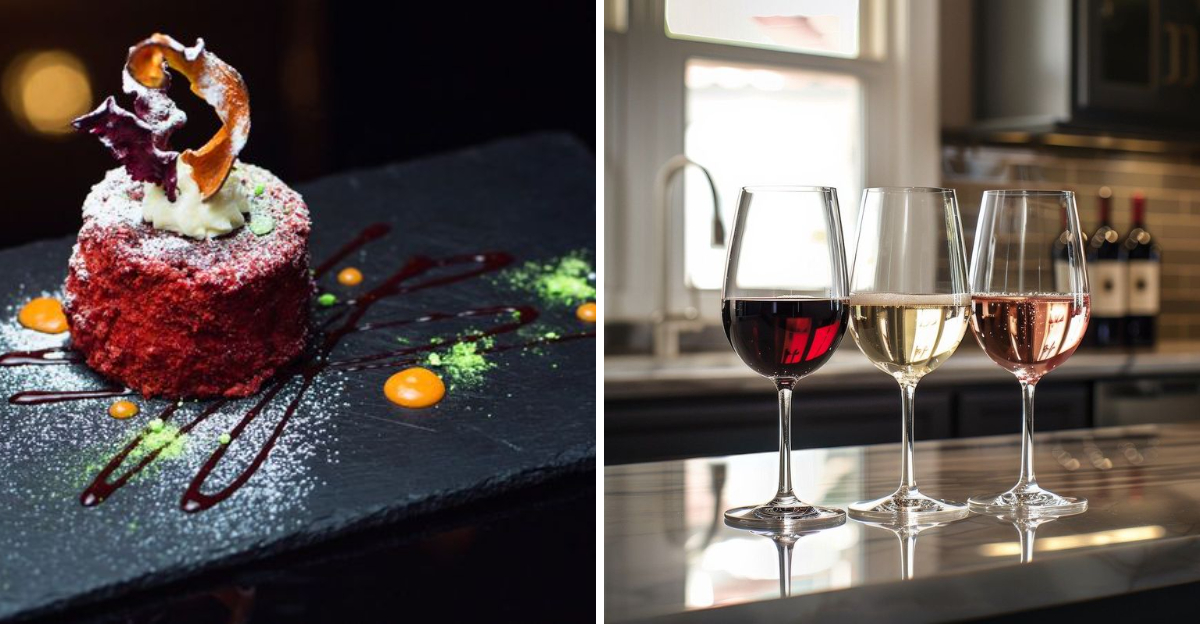
Dining out is a delightful experience, but it’s easy to fall into the trap of unnecessary spending. Restaurants can be a minefield of hidden costs and upsells that can inflate your bill without you realizing it. By being aware of these common pitfalls, you can enjoy your meal without the financial regret.
1. Paying for Bottled Water
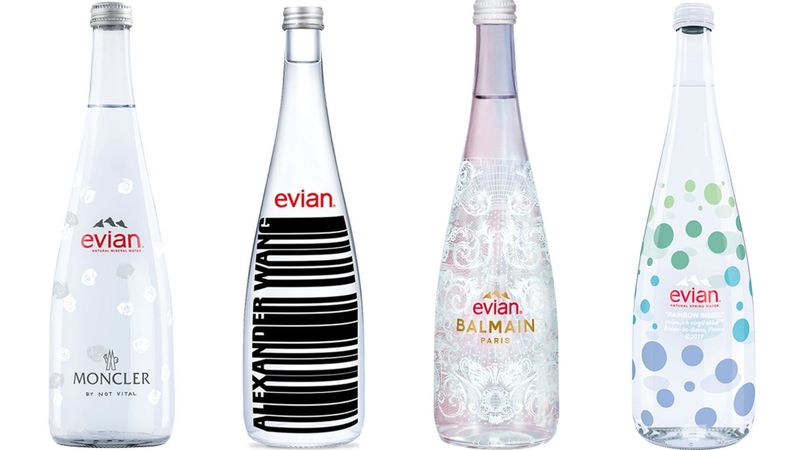
In most parts of the U.S., tap water is safe to drink and free, unlike in Europe where bottled water might be the norm. Many diners unknowingly add $5 or more to their bill just by ordering bottled water. Some believe it tastes better or is more prestigious, but often, it’s just a marketing ploy.
Why not try asking for tap water next time? It’s an easy way to cut costs while staying hydrated. Plus, imagine the surprise on your face when you realize you’ve been saving enough for dessert.
2. Ordering Appetizers Out of Habit
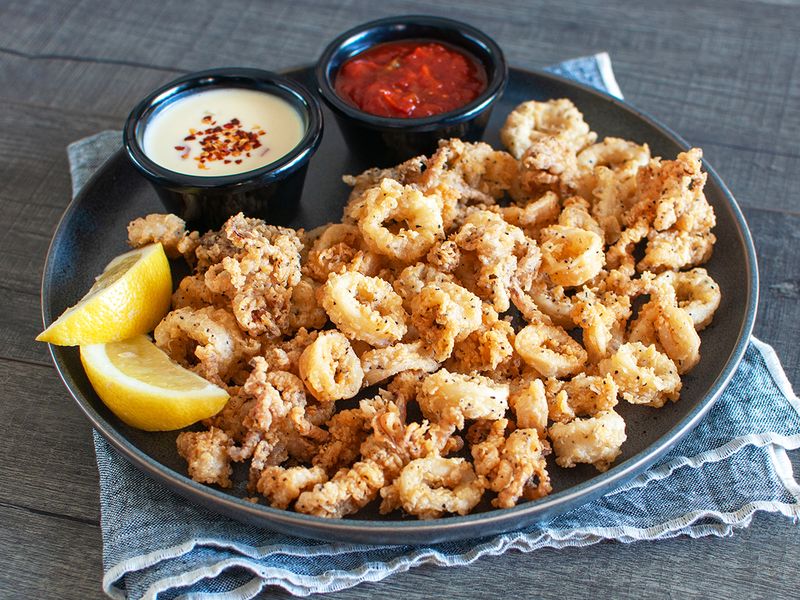
Appetizers can seem like a tasty prelude, but often they are overpriced and underwhelming. Consider the classic fried calamari or cheese sticks, which can cost over $10. Many diners order them out of habit, not hunger.
Doesn’t it make more sense to save that money for a more satisfying main course? Remember, not all starters are created equal; choose wisely or skip them altogether. Your wallet—and waistline—will thank you for being discerning.
3. Splurging on Bread or Chips That Aren’t Free
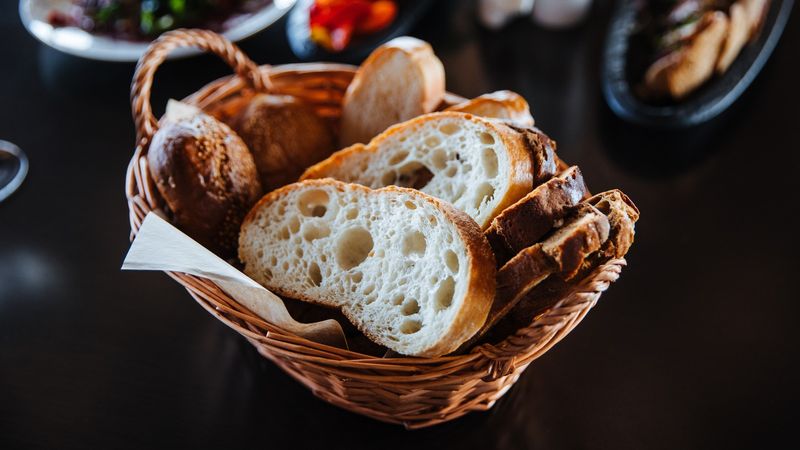
Nothing beats the comfort of warm bread or crispy chips, but in some restaurants, these aren’t complimentary. Imagine the surprise when you see an additional charge on your bill for something you assumed was free.
Consider asking first if the bread or chips are complimentary. If not, assess if they’re worth the added cost. While they may seem insignificant, these small charges add up over multiple dining experiences.
4. Getting the “Special” Without Asking the Price
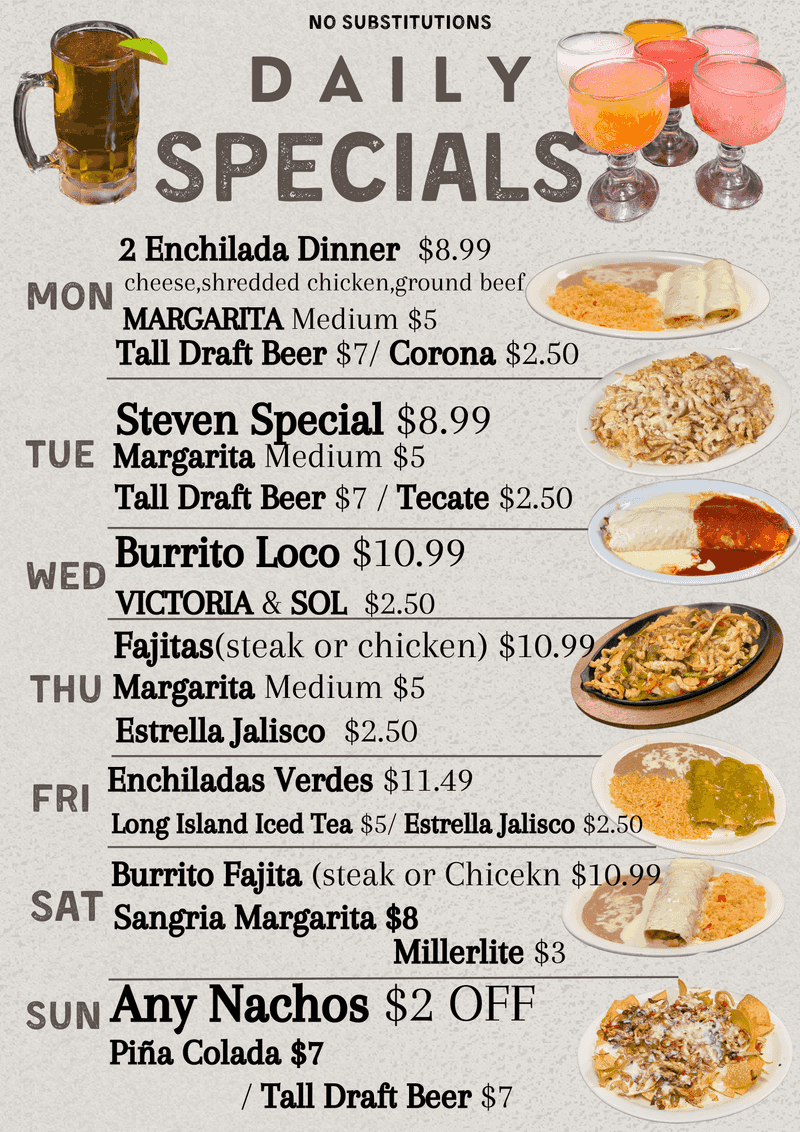
Daily specials can be enticing, often dressed up with exotic ingredients or culinary flair. However, these items can sometimes come with a hefty price tag, taking diners by surprise.
Before committing, it’s wise to ask the server about the price. Knowing before you order prevents any awkwardness when the bill arrives. Specials should be a treat, not a budget buster. Always inquire first; it’s the smart way to indulge.
5. Upgrading to Premium Proteins
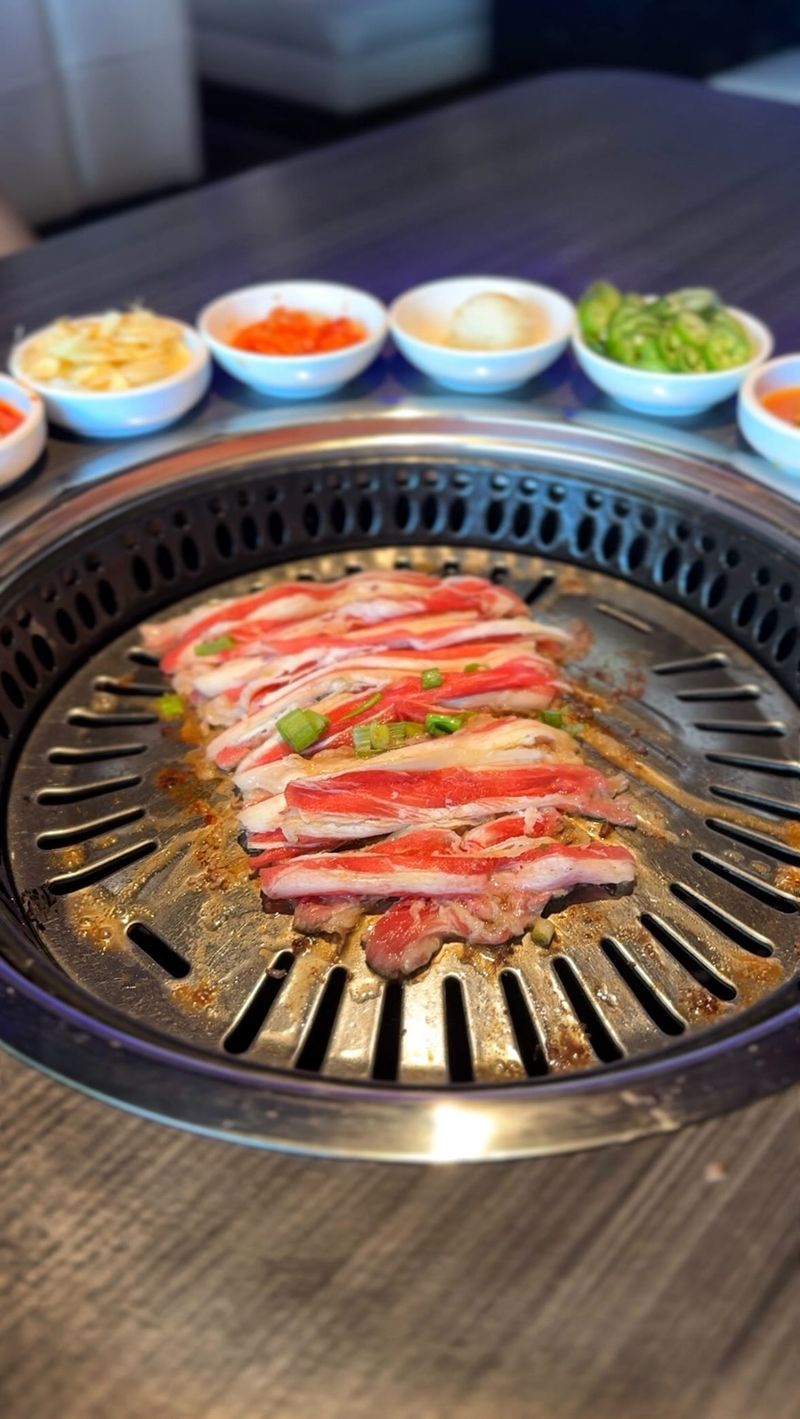
Enhancing a dish with premium proteins like shrimp or steak can elevate the flavor but also the cost. Such upgrades can add $6 to $10 to your meal, perhaps more than you initially intended to spend.
Remember, these additions should genuinely enhance your dining experience, not just your bill. Evaluate whether the taste is worth the price or if it’s better to order a dedicated entrée. Choose wisely, savor smartly.
6. Ignoring Happy Hour Deals
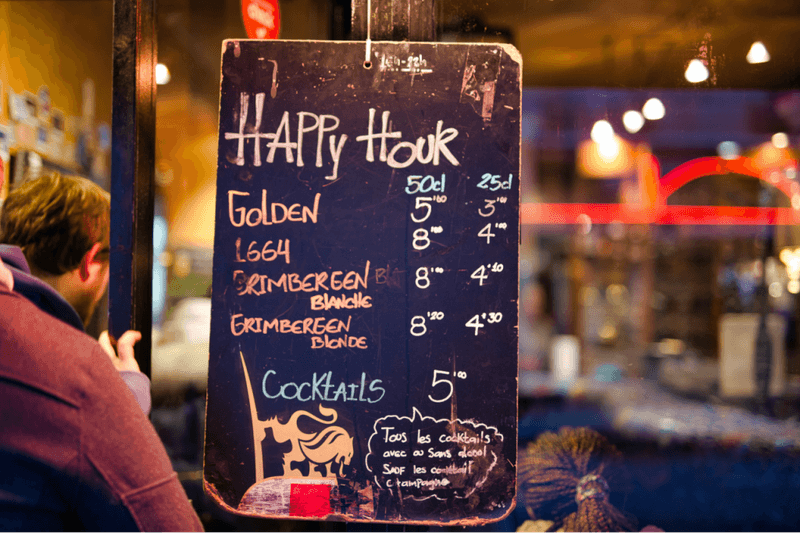
Happy hour is a golden opportunity for diners to enjoy discounts on drinks and appetizers. Yet, many unknowingly pay full price when deals are available. The thrill of a well-priced cocktail or appetizer is unmatched.
Always check if there’s a happy hour deal before ordering. This simple step can significantly reduce your bill and increase your enjoyment. Why pay more when you can savor quality at a fraction of the cost?
7. Falling for Fancy Desserts That Don’t Deliver
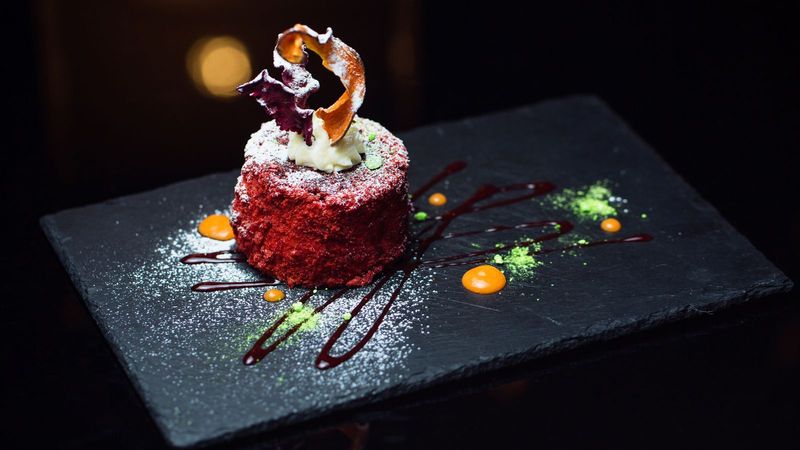
Restaurant desserts often promise decadence at a premium, with some costing over $10. These sweets are beautifully presented but sometimes disappointingly store-bought in taste.
Unless you’re truly craving, it might be wiser to skip them. Think of it as saving room for a homemade treat or even a favorite local bakery. Your taste buds, and your bank account, might find joy elsewhere.
8. Paying for Sides That Used to Be Free
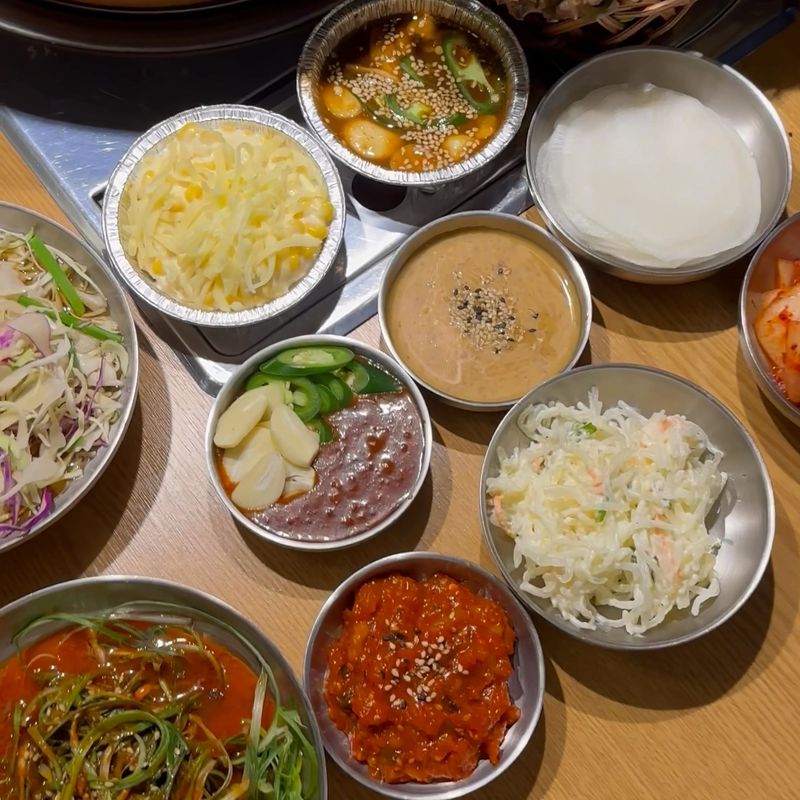
The simple joy of sides can sometimes come with unexpected costs. Where once a side of fries was a given, now it may cost an extra $3 to $5. This subtle change can catch diners off-guard.
Double-check what is included with your order. Knowing what’s complimentary ensures you’re not unintentionally inflating your bill. Sides should be an enhancement, not an expense shocker. Be informed and enjoy guilt-free.
9. Over-Tipping on Tax or Alcohol
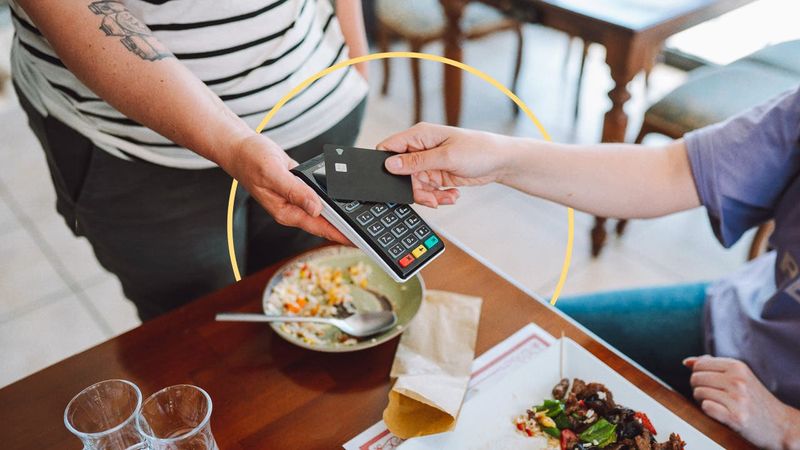
Tipping is a gracious custom, but it’s easy to overspend by tipping on tax or expensive bar tabs. A 20% tip on a $100 bar tab quickly adds up to more than intended.
Consider tipping on the pre-tax amount or focusing on food totals if you’re budget-conscious. Being aware of what you’re tipping on can make a significant difference over time. Generosity is wonderful, but mindfulness is equally valuable.
10. Ordering Bottled Beer or Wine by the Glass
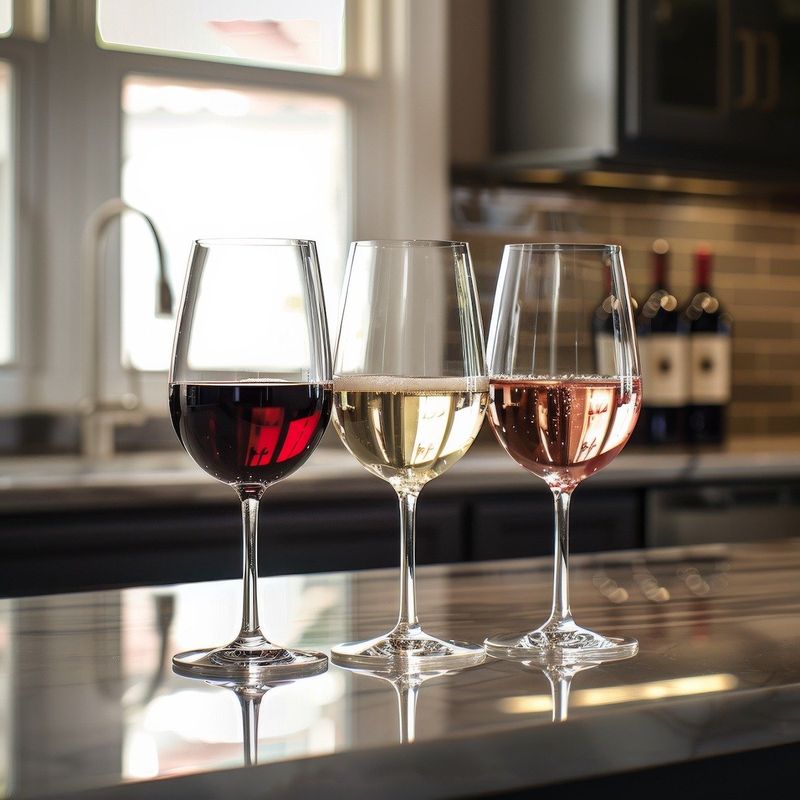
Ordering bottled beer or wine by the glass can be an expensive indulgence. The markups in restaurants often exceed three times the store price, turning a small pleasure into a costly affair.
Consider sharing a bottle among friends or opting for tap or house options. It’s a practical way to sip and savor without draining your wallet. Fine dining doesn’t have to mean extravagant spending.
11. Letting the Server “Build” Your Meal
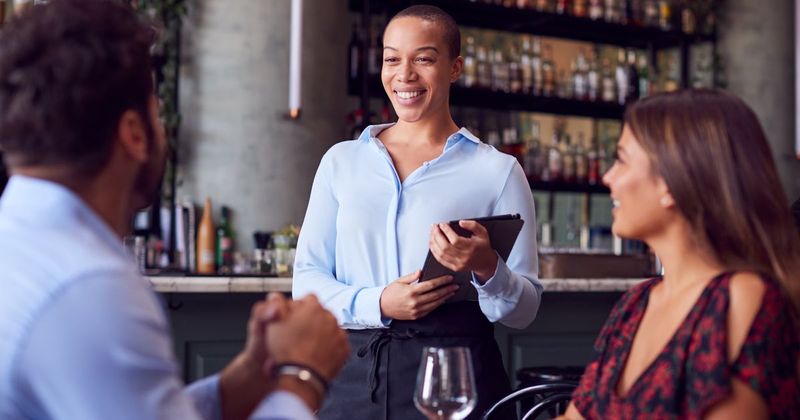
Telling the server “surprise me” opens the door to potential upsells, leading to unexpected expenses. It’s friendly, but also a green light for costly additions.
Being specific about your preferences and budget keeps your meal in check. While surprise can be delightful, it’s best to guide the experience within your financial comfort zone. A little direction goes a long way.
12. Not Taking Leftovers
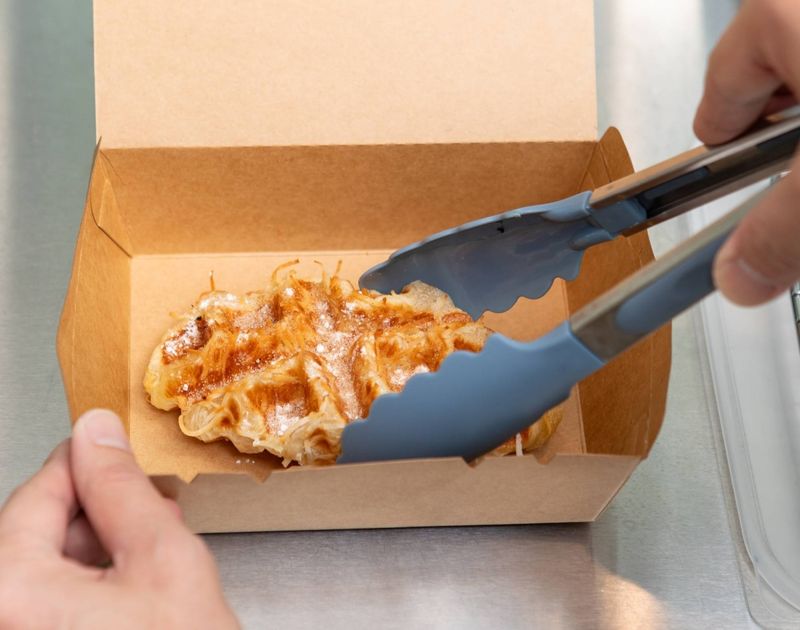
Leftovers are a gift from yesterday’s indulgence to tomorrow’s meal. Leaving them behind is like tossing money away. Even half a sandwich or some fries can be a delightful lunch the next day.
Always ask for a takeaway box. It’s an easy way to extend the joy of dining out and ensures nothing goes to waste. Remember, you’ve paid for it, so savor every last bite, later.
